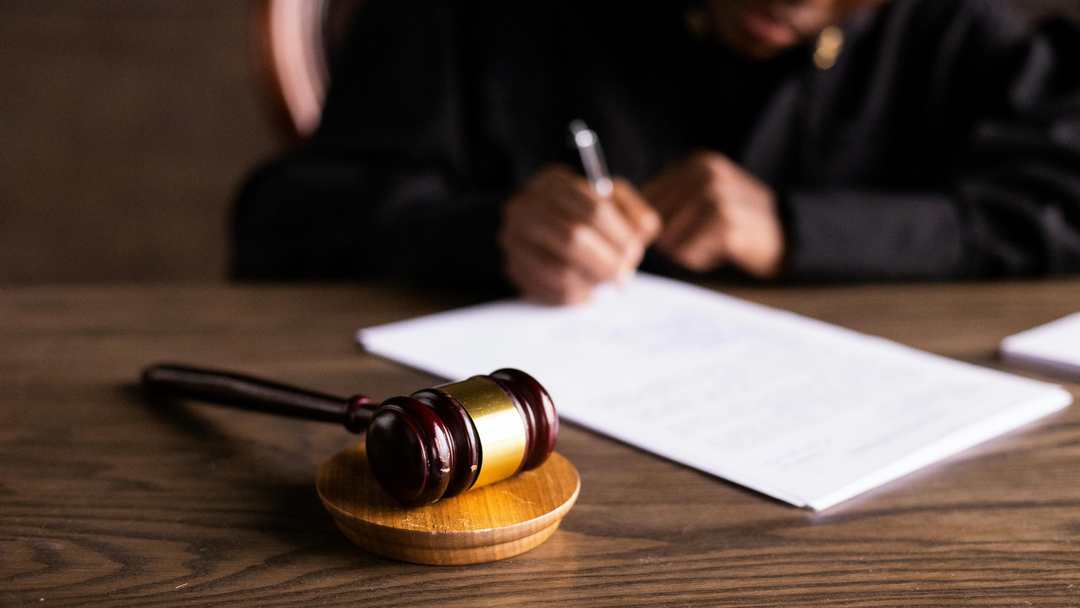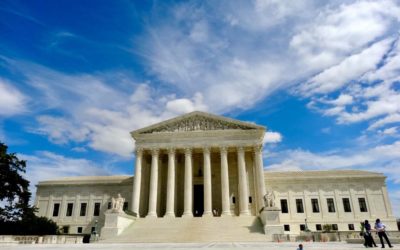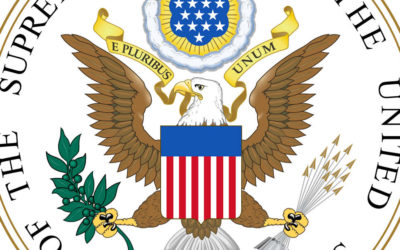The 6th Amendment: is it still a thing?
The 6th Amendment to the United States Constitution is a crucial pillar of the Bill of Rights, designed to ensure fair and just legal proceedings for individuals accused of crimes. Ratified on December 15, 1791, this amendment outlines several key rights that are fundamental to the American justice system.
Key Provisions of the 6th Amendment:
-
Right to a Speedy and Public Trial: One of the fundamental guarantees of the 6th Amendment is the right to a speedy trial. This provision ensures that individuals accused of crimes are not held in pretrial detention for extended periods, preventing undue delay that could prejudice their defense. Additionally, trials must be public, allowing for transparency and accountability in the judicial process.
-
Right to a Fair Jury: The amendment affords individuals the right to a trial by an impartial jury of their peers. This jury serves as a safeguard against arbitrary governmental actions and ensures that decisions in criminal cases are made by a diverse group representing the community where the alleged crime occurred.
-
Right to Confront Witnesses: Central to the concept of due process, the 6th Amendment guarantees defendants the right to confront and cross-examine witnesses testifying against them. This right helps to safeguard against unreliable or false testimony and allows defendants to challenge the evidence presented by the prosecution.
-
Right to Compulsory Process: Defendants have the right to compel witnesses to appear and testify on their behalf. This provision empowers individuals to present evidence that supports their defense, ensuring a comprehensive and balanced presentation of facts during trial.
-
Right to Counsel: Perhaps one of the most well-known provisions of the 6th Amendment is the right to legal counsel. Defendants have the right to be represented by an attorney, whether retained privately or provided by the state if they cannot afford one. This ensures that defendants are adequately prepared and supported in navigating the complexities of the legal system.
-
Right to Know Charges and Evidence: The amendment guarantees that defendants are informed of the nature and cause of accusations against them (the charges). Moreover, they have the right to be informed of the evidence and witnesses presented by the prosecution, allowing them to prepare an effective defense strategy.
Legal Counsel and Your Rights
When facing legal challenges, particularly in criminal cases, it is advisable to seek legal counsel immediately.
An experienced attorney can provide guidance on how to navigate interactions with law enforcement while safeguarding your constitutional rights.
Since 1993 our expert legal defense in navigating criminal law matters and protecting your constitutional rights are what we eat for breakfast everyday.
Contact Komorn Law PLLC if you’re ready to fight and win.
Research us and then call us.
Recent

The search being challenged was triggered by the odor of cannabis
The case People of Michigan v. Freddie Wilkins III (No. 367209) revolves around a legal challenge regarding the search of a vehicle without a warrant.Police conducted a warrantless search under the "automobile exception."The case People of Michigan v. Freddie Wilkins...

The US Supreme Court and Federal Gun Law Cases
The US Supreme Court and Federal Gun Law CasesChallenges to Federal Gun Laws the right of the people to keep and bear Arms, shall not be infringed Updated July 8, 2024 Ratified in 1791, the Second Amendment provides, “A well regulated Militia, being necessary to the...
Other Articles
Maker of CBD products asks court to decide
The Petitions of the Week column highlights a selection of cert petitions recently filed in the Supreme Court. A list of all petitions we’re watching is available here. Organized crime, from the mafia to small-time money laundering schemes, often evades criminal...
Supreme Court Ruling Strengthens First Amendment Protections: Implications for Michigan’s Threat Speech Laws
In a significant legal development, the United States Supreme Court has recently issued a ruling that has far-reaching implications for individuals facing charges related to "threat speech" in Michigan. The case of Counterman v. Colorado, decided on June 27, 2023,...
Listen Live to the US Supreme Court
Listen live to arguments in the Supreme Court. On Monday, the Supreme Court is set to hear arguments over the phone for the first time ever due to the coronavirus pandemic; they'll hear 10 cases remotely from now until May 13. But that's not the only history being...
US Supreme Court Press Releases Regarding the Justices and counsel will all participate remotely.
The US Supreme Court will hear oral arguments by telephone conference on May 4, 5, 6, 11, 12 and 13 in a limited number of previously postponed cases. The following cases will be assigned argument dates after the Clerk’s Office has confirmed the availability of...
















